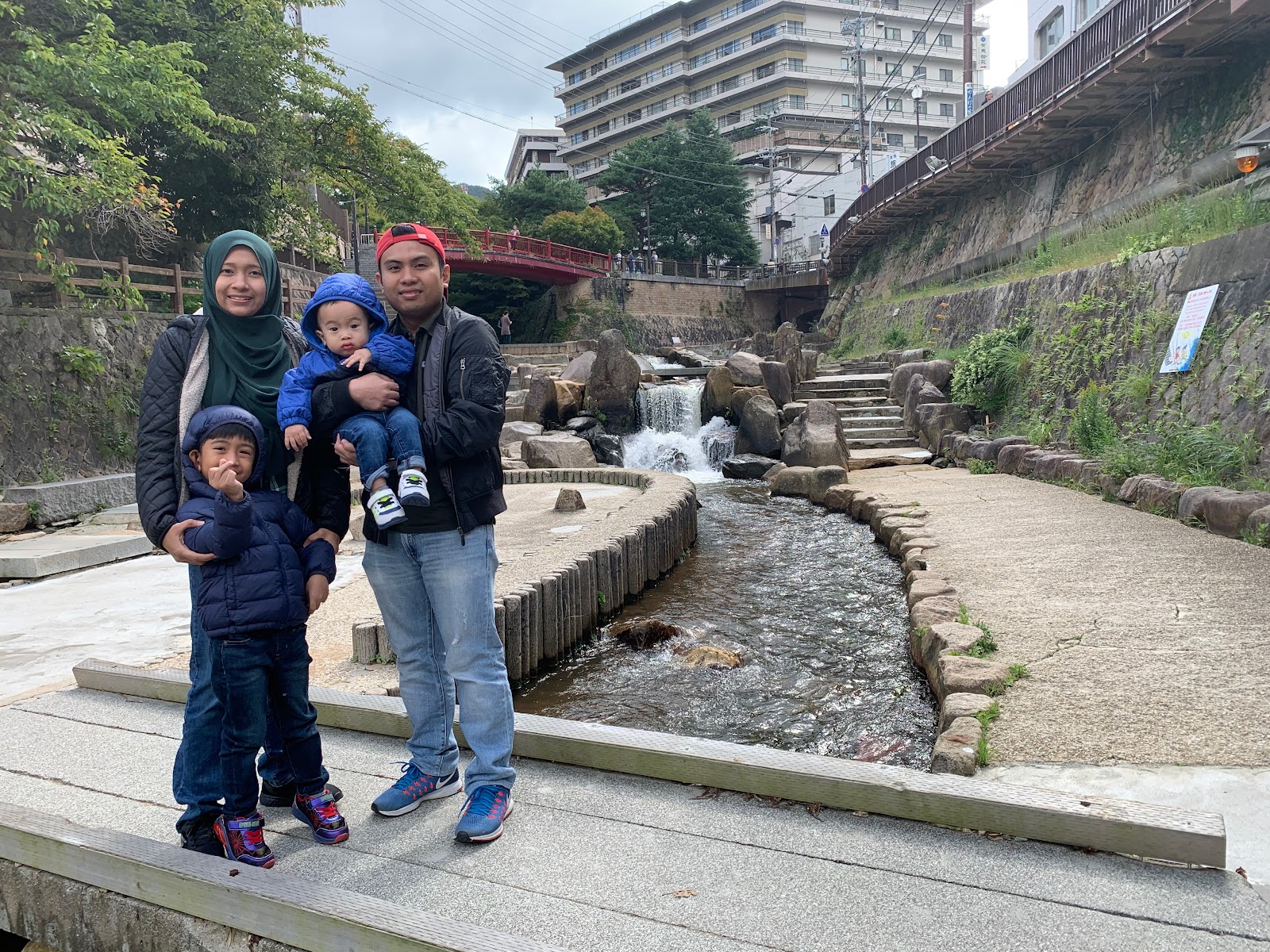Pay Off Debt
Debt can be
overwhelming. Debt repayment can be a long and tiresome process and will siphon
away financial resources through payments that can seem enormous and arbitrary.
You may have outstanding student loans or have used debt to finance buying a housefor sale in Seremban. Although some debts are good, many are just plain
unnecessary.
Keep these
helpful tips in mind if you are struggling with debt. Paying off debt can be an
easy and quick process, especially if you adopt healthy financial habits in
controlling and managing your money. Keeping these good habits will also help
you avoid the same troubles that landed you in debt in the first place in the
future. With a little time, patience and due diligence, you can be debt-free in
no time at all.
1. Put yourself on a bare-bones budget
Keep track of your monthly expenses
and identify unnecessary expensesand expenditures. Ask yourself this for every item you see on your monthly
expense sheet: is it a need or a want? Once you have identified expenses that
you don’t need, eliminate these inessential expenses and redirect the money
freed up to your debt pay off.
2. Increase your income
Sometimes, the only way to have more
money is to earn more money. Put in some overtime at work or get a new
part-time job. If you can’t tweak around your time to earn more active income,
look towards passive income. You can also sell some of your unwanted stuff if
juggling multiple jobs is not your thing – you never know, one man’s trash may
be another man’s treasure. Take these extra earnings and put it towards paying
off your outstandingdebt.
3. Shop smartly and wisely
If you can’t earn more money, save
more money. Challenge yourself when shopping to get the best price possible.
Many money-saving methods exist: sales, coupons, rebates. Do whatever it takes
to get a good deal. But don’t forget to keep some fun in it: make a game of it
and enjoy seeing how little you can spend. You’ll be surprise how much you can
save, and how much this adds up towards scoring more savings.
4. Only buy what you need
Live with the bare necessities. Don’t
go out and buy something just because it is the easier way. Make full use of
what you already own or make do without it until after you cleared your debt.
If this means buying fewer clothes or learning to repair instead of replace to
make things last longer, so be it. It will be all worth it in the long run. Who
knows, you might even pick up a new skill at the same time.
5. Put financial windfalls to good use
Take advantage of any financial
windfalls that may blow your way. Just got a raise at work? Received a bonus or
tax refund? Did your relatives just give you some birthday money? Put this
unexpected money you receive to good use. Make it a habit to use these
windfalls towards paying off your debt.
6. Automate your debt repayment
Out of sight, out of mind. The more
you have to think of how much you need to repay your debt, the more you will
tend to drag out the process and put off repayingyour debt. Save yourself this unnecessary stress by automating your debt
repayments. Figure out how much of your income you can comfortably set aside
each month to repay your debt. After you have come up with an amount, schedule
these payments to occur automatically each month so that you follow through
with your plan. Keep in mind that you don’t have to treat this debt repayment
amount too rigidly. Anytime you have the extra cash, you can make additional payments.
7. Update your outstanding debt total often
Keep a logbook for all the debt that
you owe and have repaid. Write down the date and amount of each payment made
and keep a running total of the remaining debt balance. It helps to see the total outstanding debt
decrease with each payment made.
For each debt you pay off, move the
pile of paperwork to a folder labelled “Debt Free”. You can watch this folder
grow over time and motivate yourself even more. Sometimes, the end result is a
reward in itself.
9. Stay Organized
It is important to stay organized with
good records. Keep all the bills and receipts relating to each debt. This way,
you can double check that payments are being applied properly. Keep the records
for a few years after you have repaid the debt just in case they are needed.
10. Stay optimistic
Keep an optimistic attitude to help
you stay on the right track. Although debt can be an overwhelming burden, you
don’t have to look at it that way. Rather than looking at all the money that is
owed, look at it as how much you have already paid off.



























No comments